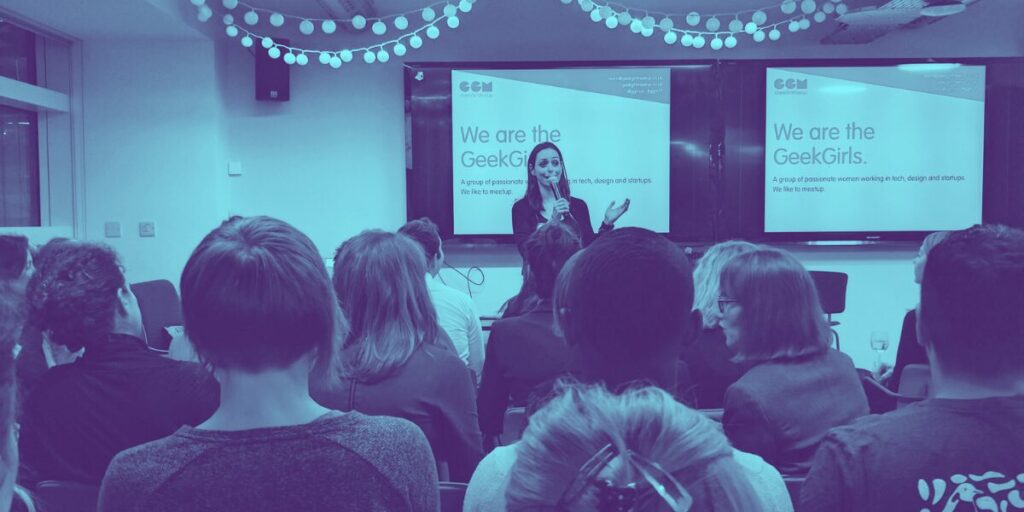A few nights ago, while sitting in a pub with my ex-partner (and dear friend), a stranger asked if ‘we had children’. The ‘we’ he referred to had been together more than seven years but had never considered children… I could only blink and point at the dog. Without missing a beat, the man continued, “So, how long have you and your husband been together?”
I left the pub, my head full of thoughts about the expectations and shame of A WOMAN YOUR AGE or a woman at any age. A wedding, a marriage, picket fences, children. There’s a complete lack of understanding if you get off the relationship escalator. The escalator is one of many social scripts — customs for how people are “supposed” to behave and how we “should” think or feel in specific contexts, situations or interactions. These customs benefit many people, but not always, and not everyone.
This week, Emma Brockes interviewed Sheila Heti for the Guardian about failure and self-belief. This was a timely article to read, and it speaks to me so much. As someone who never wanted children, then at some point found myself single and pregnant – only to lose my desperately loved baby, I feel the shame quite keenly. I have a foot in both camps (child-free and parents), yet a traitor to both.
There is shame attached to not wanting children, Heti says. But I also felt shame for the fierceness with which I wanted kids. “Maybe there’s a basic shame women feel and it just attaches to anything,” she says, laughing. “It’s kind of how I feel about anxiety; when you’re an anxious person like I am, I realised at a certain point, it’s not the thing I’m feeling anxious about that is making me anxious, it’s that I have a feeling of anxiety and it attaches to whatever it can. Maybe if we both feel shame it’s because it’s shameful to be a woman. Whatever you choose you feel shame.” She pauses and drily adds, “I wonder if it’s ever going to change, or if women will feel that way until there are no humans ever.”
Perhaps, though, there is a glimmer of grace in my failure to comply with the expectations of both the child-free and child-bound:
There is a good section in Motherhood about the value of failure, not in the Samuel Beckett sense of fail again, fail better, but in the true wildness of failing in a society that puts so much value on success. “Only in our failures are we absolutely alone,” writes Heti. “Only in the pursuit of failure can a person really be free.” She concludes, “Losers may be the avant garde of the modern age.”

